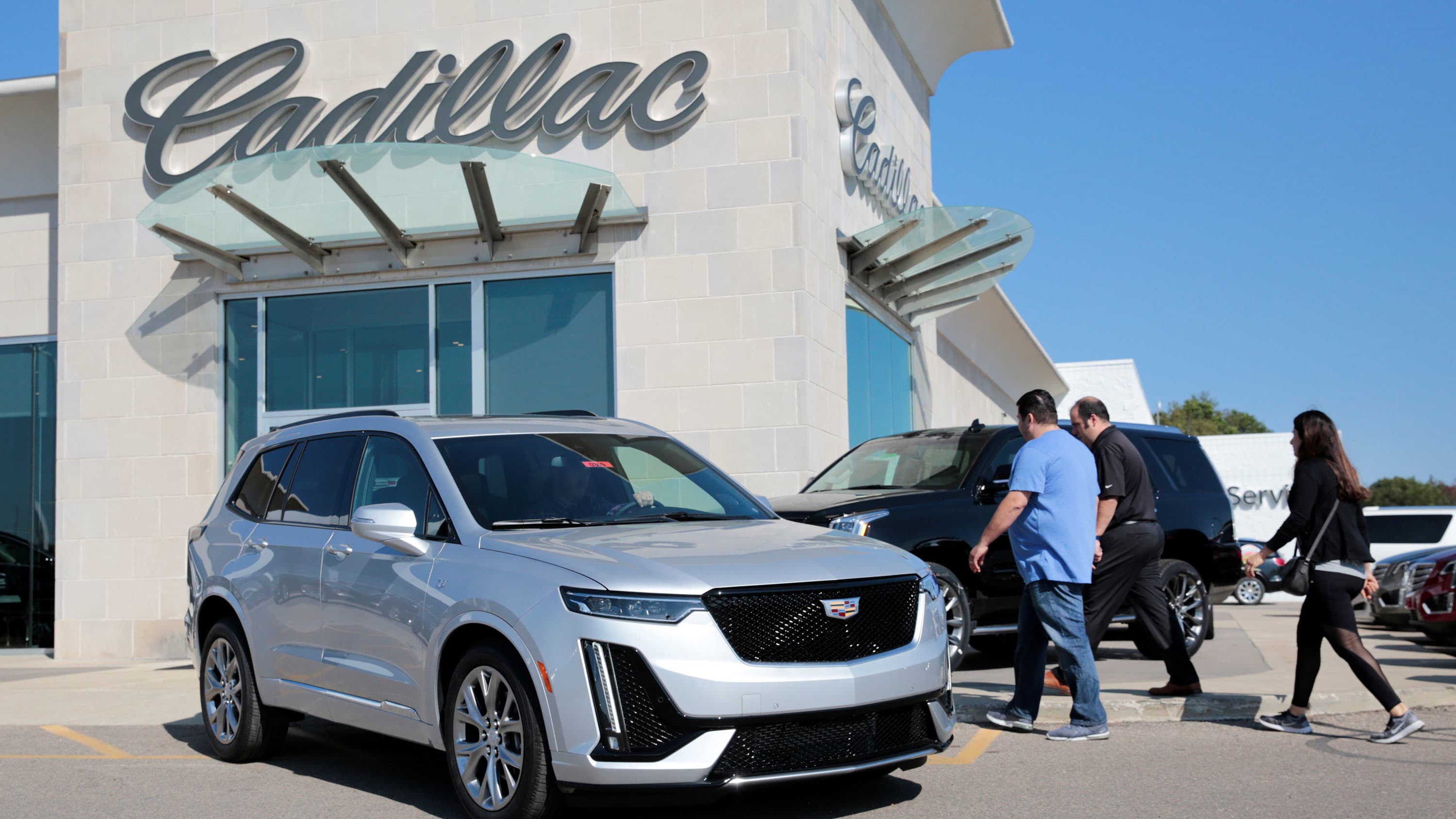Americans love their cars, but many hate the process of buying them.
The trip to the dealership can often be one that fills car buyers with dread, as they imagine the sometimes hours-long process of negotiating a purchase with professional salespeople.
Of course, with sales at or near record levels in recent years, any angst customers have felt has not stopped them from shopping.
And some auto industry analysts say car shoppers don’t hate everything about the process. They often like the sales people they interact with, and rarely walk away from a purchase over high-pressure sales tactics.
“Fewer than 5% of the customers will reject the dealership because they felt too much sales pressure,” said Chris Sutton, J.D. Power vice president of automotive retail. “So that’s fairly minimal.”
By comparison, about 30% of customers will reject a dealership because the model in stock isn’t right for them for one reason or another.
But customers often strongly dislike the long process of sitting in the dealerships’ finance and insurance office, filling out paperwork and negotiating the terms of the deal. They often don’t know what products they are being offered, such as extended warranties and service contracts. They also feel unprepared for negotiation. The trouble is that these extra products are often where dealers make their money.
Auto dealers can help buyers, and themselves, by educating customers about the process ahead of time as much as possible, said Jim Houston, J.D. Power’s managing director of consumer lending and automotive finance. That way customers can decide whether they are interested in extended warranties and service plans before they step into the office at the dealership.
One obvious way of delivering this information is online. E-commerce has permeated countless industries, but auto sales have been slow to move online. One reason is there was little incentive for dealers to make big changes to their business when times were good. Car sales hit and hovered near all-time highs between 2010 and 2019, when the U.S. economy began to recover from the Great Recession.
But lockdowns and stay-at-home orders during the coronavirus pandemic, and general anxiety about the disease, have stifled car sales, suppressed inventories and moved many shoppers and dealers online. That may mean customers begin to get long-desired changes to the car-buying process.
